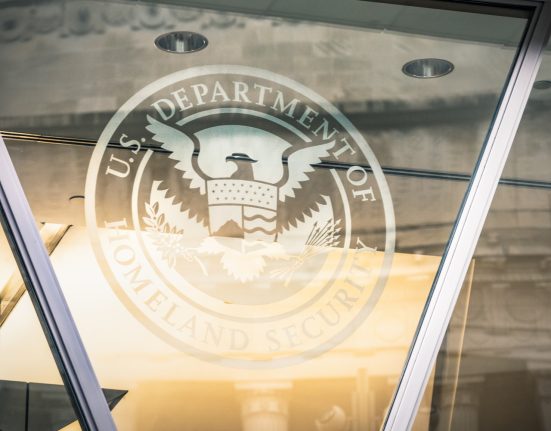My wife and I are in the process of selling an investment property, which will allow us to pay off the associated mortgage, our home mortgage, and leave us with another $100,000 in savings. As much as it would be great to be mortgage free, I’m wondering if we are doing the right thing repaying our home loan?
Should we be keeping the loan open and just parking funds in an offset or similar, so we have access for investment or if something crops up. We have a combined income of approximately $250,000 pa. I’m in my mid-fifties and my wife is late forties.

There’s a lot to be said for being mortgage-free, but keeping your loan available can also be an attractive option.Credit: Eamon Gallagher
Thanks for your question. If you park sufficient funds in the offset account to entirely balance out your mortgage, there will be no interest expense, and therefore, the only cost associated with you adopting this approach will be the monthly or annual loan fees your bank charges. Provided these aren’t too high, that may well be a good way to maintain a bit of flexibility.
Given your ages and income, I doubt you would have too much trouble getting another loan for investment purposes, if that was the path you chose to go down.
However, it does get more and more difficult to obtain a loan as you get older, due to the bank needing to work within the responsible lending guidelines. There’s also often loan establishment costs. For these reasons, keeping a loan facility open and accessible can be attractive.
Other than the bank fees, the only other thing to be aware of is the necessity for personal financial discipline. I have seen people who keep a loan open and then find the offset account burning a hole in their pocket, encouraging them to spend where perhaps they wouldn’t have otherwise.
If there is a chance you might be susceptible to this trap, you might be better off just eliminating the loan to remove this temptation.
We closed our SMSF several years back. How long do we need to keep the paperwork, and what do we need to keep, i.e. all receipts etc, or just the annual accounts?
Verify this with your accountant, as they are the tax experts, but my understanding is that accounting records, including annual returns and audits, need to be kept for 5 years, whilst trustee documents, such as minutes, declarations, and investment strategy reviews, must be kept for 10 years.







